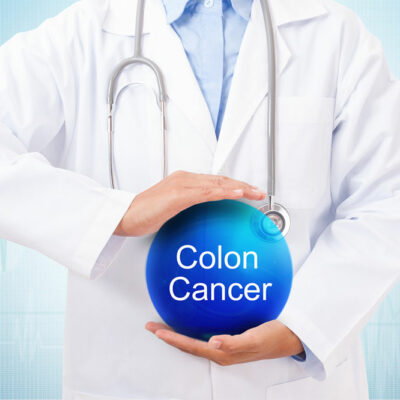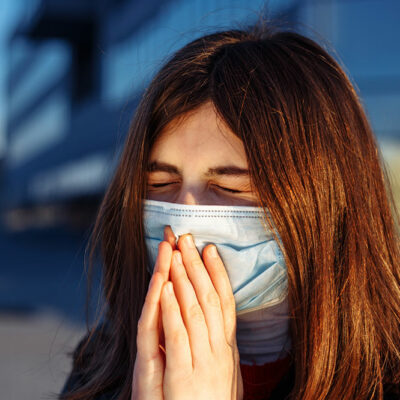
Health
Signs of Elder Abuse
Abuse can affect individuals of any age, including the elderly. For older individuals, mistreatment may come from a loved one, a caregiver, or even a stranger, and it could transpire within the confines of their home, a relative’s residence, or an assisted living facility. Various forms of abuse, such as physical, emotional, neglect, financial, sexual, and abandonment, can manifest. While ensuring your elderly loved one has health insurance, like Medicare, United Health Care, ssa medicare, aarp plans for seniors, and a suitable senior living or assisted living arrangement is important, it is not enough to ensure protection from potential abuse. You must be acquainted with the individuals in their life and establish trust with those around them. Identifying elder abuse can be challenging, especially if the individual is dealing with conditions like dementia. Therefore, understanding and recognizing the signs is paramount. Here are indicators of potential elder abuse: 1. Unexplained physical injuries Anything from bruises, burns, cuts, scars, or pressure marks without a plausible explanation may point to physical abuse. Any form of violence that leads to significant injuries demands attention, and such incidents should be reported promptly to authorities. 2. Changes in mood If an elderly person exhibits altered moods, confusion, withdrawal, agitation, violence, or trauma-related behavior, it could signify abuse.
Read More 















